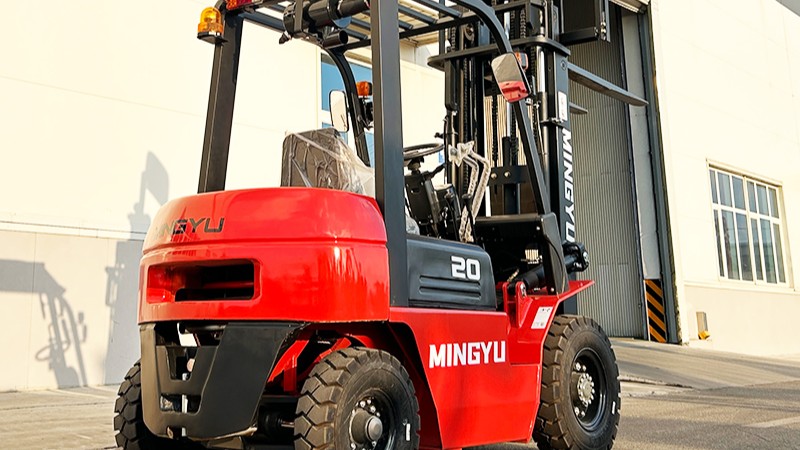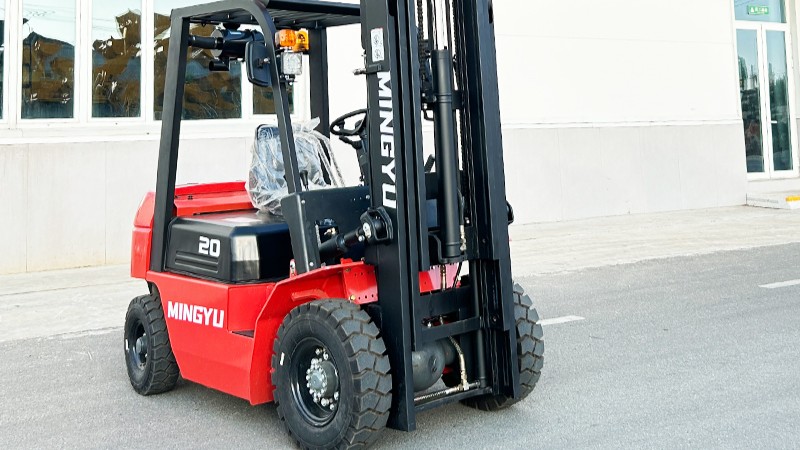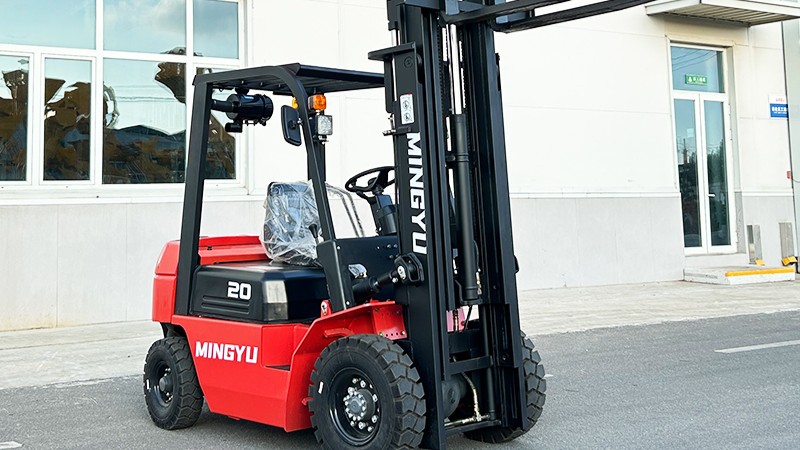The cost of obtaining a forklift certification, a mandatory credential for operating industrial lift trucks, is a primary concern for many entering logistics, warehousing, and manufacturing sectors. In 2025, the financial investment for this certification varies widely, typically ranging from as little as $400 to over $1500, with some estimates placing the upper limit near $2400, depending on a multitude of factors. This broad price spectrum is not arbitrary; it reflects significant regional disparities, the type of training institution, and the depth of the training program itself. While official government channels may charge standardized fees for examinations—for instance, a theoretical exam fee of $63 coupled with a practical operations test fee of $180, as seen in specific regional cases—the overall cost is often bundled by private training centers. These centers frequently offer packages that encompass training materials, hands-on practice, and the examination fees, leading to the higher end of the cost scale. Understanding this cost structure is crucial for aspiring operators, as the certification is not merely a regulatory formality but a vital component of workplace safety, ensuring that personnel are equipped with the knowledge and skills to handle complex machinery, thereby reducing the risk of accidents and enhancing operational efficiency across various industries that rely on material handling.
The total expense for forklift certification is composed of several distinct elements, each contributing to the final amount an individual or company must pay. Primarily, the cost includes a training fee, which can range from $200 to $800, covering both theoretical instruction on safety regulations, load dynamics, and operational principles, as well as practical, hands-on sessions with the equipment. This is followed by the examination fee, a direct charge for the assessment process, which typically falls between $100 and $300 and is often paid to the certifying body, such as the market supervision and administration bureau. Furthermore, applicants should account for the certificate issuance and administrative fee, a smaller charge of approximately $50 to $100 for the physical production and management of the license. Additional peripheral costs can include charges for textbooks, online learning platforms, administrative services, and, if necessary, accommodation and travel for those attending training away from their local area. It is also imperative to note that a forklift license is not a one-time expense; it requires periodic renewal, usually every four years, with a复审 fee that is often 30% to 50% lower than the initial certification cost, providing a financial incentive for operators to maintain their credentials in good standing and stay updated on the latest safety protocols.
Several key factors significantly influence the final cost of forklift certification, creating the wide price range observed in the market. Geographic location is a primary determinant, with training and examination costs in major metropolitan areas often being 20% to 30% higher than those in smaller cities or towns due to differences in operational overheads and local economic policies. The choice of training provider also plays a critical role; reputable institutions with accredited facilities and experienced instructors may command higher prices, but they offer greater assurance of quality and credential validity, whereas cheaper, unaccredited programs might carry the risk of issuing certificates that are not recognized by national authorities. The specific type of forklift for which certification is sought—such as counterbalanced forklifts (Q2), reach trucks (Q3), or electric forklifts (Q4)—can also affect the price, with specialized equipment training sometimes costing between $700 and $1600. Moreover, the training format impacts the cost, as intensive "fast-track" courses might have a different fee structure compared to more comprehensive programs that span several days. For businesses, bulk enrollment presents a notable opportunity for cost savings, with many training centers offering discounts of 10% to 20% for groups of five or more employees, making it a financially strategic approach for companies needing to certify multiple operators simultaneously while promoting a uniform standard of safety.
Prospective applicants are advised to approach the process of obtaining forklift certification with diligence to ensure they receive legitimate value for their investment. The paramount step is to verify the accreditation of the training organization, confirming that it is authorized by the local market supervision administration to avoid the severe repercussions of possessing a non-accredited or fraudulent license. The certification process generally involves submitting required documentation, which includes identification, proof of education, and medical clearance for color blindness, followed by a training period that utilizes official question banks for theoretical preparation and access to dedicated practice grounds for skill development. The final evaluation consists of a two-part examination—a computer-based theory test and a practical skills assessment—both of which typically require a minimum score of 70% to pass. Upon successful completion, the certificate, which is nationally recognized and features a distinct dark green cover, can be verified through official government online portals. Ultimately, while the cost is a significant consideration, the true value of forklift certification extends beyond the price tag; it is an investment in professional competence, workplace safety, and long-term career advancement, ensuring that operators are not only legally compliant but also proficient and safe in their crucial roles within the supply chain and industrial operations.
Post time:Oct.08.2025



